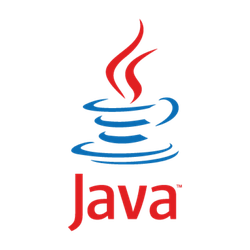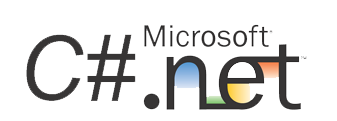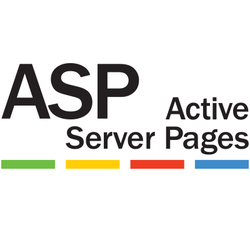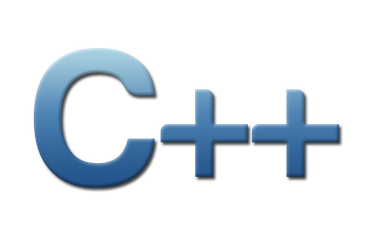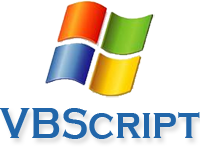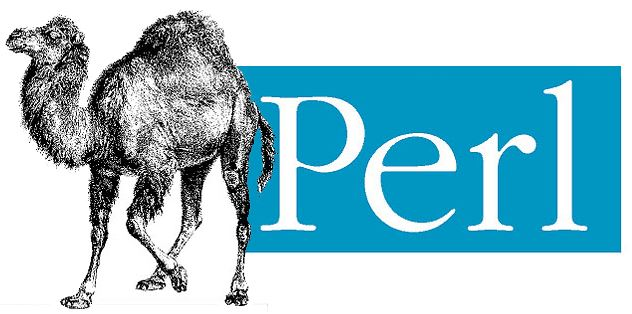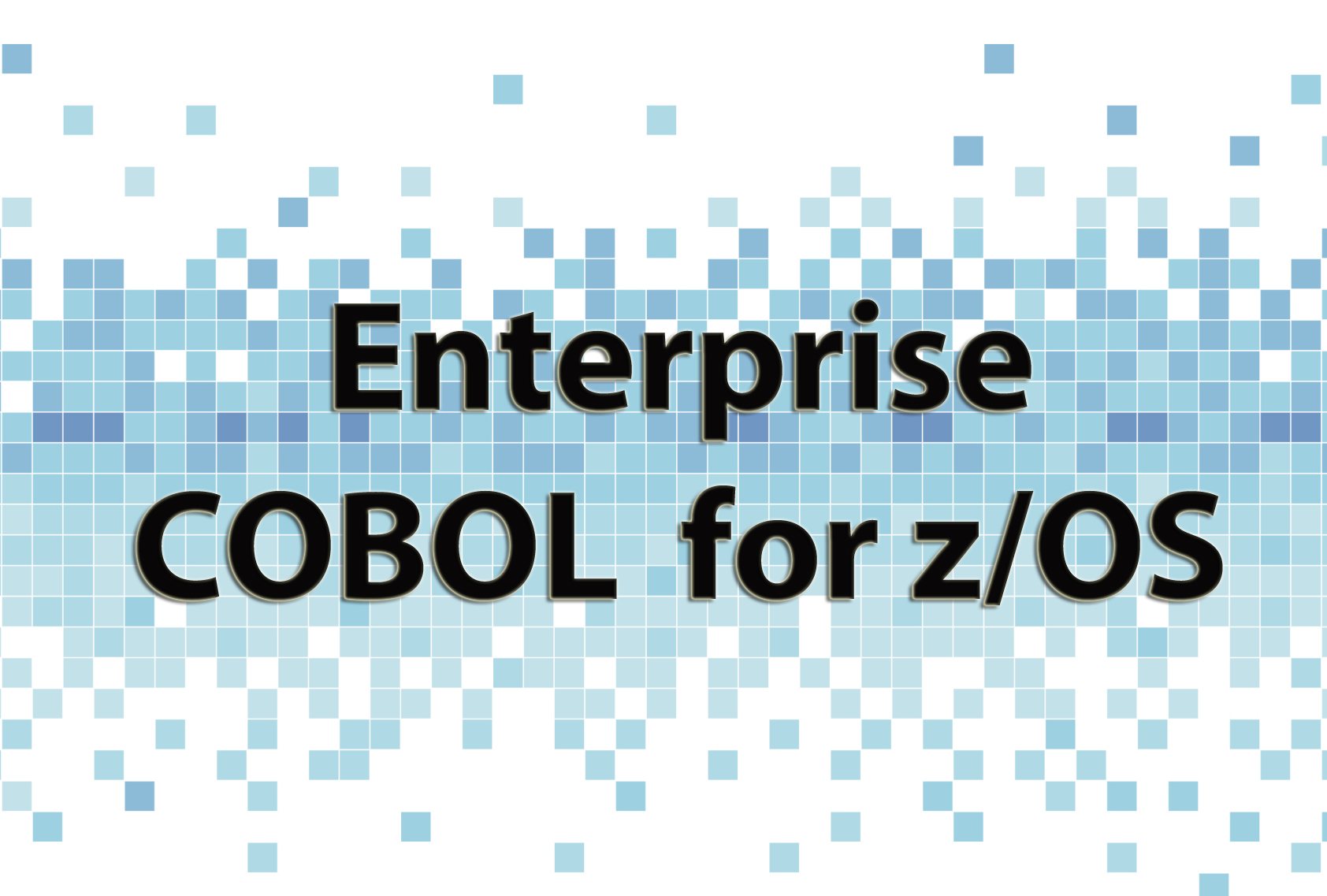Engine Pack Version 9.7.2
CxSAST Engine
Languages & Frameworks
All supported code Languages & Frameworks versions can be found here.
APEX
FLS_* queries have been refactored to improve accuracy and scan execution time.
Warning
Due to significant query changes aimed at improving accuracy and FLS query execution time, the queries do not rely on heuristic patterns as previously, so you may notice differences in results.
Similarity ID of results is not expected to change.
For further details on the updated queries, please see here.
C++
Added support for Boost and stdlib libraries
Several queries have been updated for better results and accuracy. For further details, please see here.
Parsing Improvements:
Support spaces after continuation line
Enhanced distinction between casts of unary expressions and binary operations
// Cast int x = (int) * variableAddr; // Binary expression int x = (value) * variable; // Cast of cast int x = (int)(float) *variableAddr; // Binary with leftcast int x = (int)(variable) * value; // Cast int x = (int) & variableAddr; // Binary expression int x = (value) & variable; // Cast of cast int x = (int)(float) &variableAddr; // Binary with leftcast int x = (int)(variable) & value;
Parsing improvements for
__attribute((...))expressions for function pointer declarationsVector Size Declaration enhancements
Added hack to support Pre-Compiled Headers
Included common headers in the ProtoDB:
Microsoft base headers,
winnt.h,windows.hMicrosoft Foundation Class Library,
afx.hMicrosoft Active Template Library,
atlbase.h,atlcom.hatlwin.h
Flag to force C or C++ parsing
The
C_AS_CPP_MODEflag controls how.h(and.c) files are interpreted as C++ or C code. It can control three values:c(all.cand.hfiles are C files);cpp(all.cand.hare C++ files); orauto, where heuristics are used to guess what each file contains.
Go
Go language support has been updated up to version 1.23.
The following general queries were updated:
Find_Console_Inputs - New function
TextVarfrom flag packageFind_Race_Condition_Sanitizers - New sync/atomic types added :
Bool,Int32,Int64,Uint32,Uint64,Uintptr, andPointerFind_Encode - The
url.JoinPathfunction was added to encode general query (net/url package)Find_Hashing - New functions
BytesandStringadded to hashing (hash/hashmap package)Find_Integers
New function
XORBytesXORs two-byte slices together (crypto/subtle package)New functions Min and Max added
New function
uint(math/rand package )
Find_Log_Outputs
The first parameter of
slog.Info(),slog.Error()slog.Warn()was added (log/slog package)The second parameter of
slog.Log()was added (log/slog package)The
SetCrashOutputfunction was added (runtime/debug package)
Find_HTTP_Requests_Server_Listeners_Methods - The new functions
ServeFileFS,FileServerFS, andNewFileTransportFSwere added (net/http package)Integer_Overflow - The following two methods were added (reflect package). They can act like sanitizers:
Type.OverflowIntType.OverflowUint
Parsing improvements
Update to the most recent version of ANTLR (version 4.13.1)
The new version of ANTLR brings performance improvements, particularly in parsing speed and memory usage.
Internal optimization of Abstract Syntax Tree (AST)
The AST has been optimized to enable faster modifications while minimizing memory usage, ensuring more efficient parsing.
JavaScript
Several queries have been reviewed and refactored to improve the accuracy of the results.
For further details, please see here.
Light Queries
Additional Light Queries are available for JS language:
Client_DOM_XSS
Client_DOM_Stored_XSS
Client_DOM_Code_Injection
Client_DOM_Stored_Code_Injection
Client_DOM_Code_Injection_from_AJAX
Client_DOM_XSS_from_Ajax
T-SQL (BETA)
A new language, SQL, has been introduced to support multiple SQL dialects.
The first supported dialect, T-SQL, is available in Beta and disabled by default. It is controlled by the engine setting USE_NEW_SQL, which can be enabled in the portal database by modifying the flag value or via the DefaultConfig.xml configuration file through Audit.
Note: Since SQL support for T-SQL is still in Beta, PLSQL results will remain unchanged under the PLSQL language.
How SQL and PL/SQL Files Are Distinguished
Notice
A set of regular expressions (regex) is used to identify language-specific features such as keywords, functions, and data types to differentiate between T-SQL (Transact-SQL, used in Microsoft SQL Server) and PL/SQL (Procedural Language/SQL, used in Oracle Database).
These regex patterns help categorize SQL scripts based on distinct language features.
Important
BETA features offer early access to upcoming product innovations, allowing you to test functionality and provide feedback during development. However, these features are not fully supported and may be incomplete.
As Checkmarx evaluates future iterations of Beta features for general availability, we will make an effort to address any issues customers encounter while using them.
Compliance Standards
CWE Top 25 (2024)
The CWE Top 25 preset and its corresponding category have been updated to support version 2024.
OWASP Mobile Top 10 (2024)
A new preset and category for the OWASP Mobile Top 10 compliance standard has been added.
Critical Severity
This version includes the review of queries transitioning to Information, Low, and Medium severity, regardless of whether the change is an increase or decrease.
Note
While most severity changes are applied as expected in Engine Pack 9.7.2, a few exceptions remain and will be introduced in the upcoming Engine Pack 9.7.3:
Moving to Medium severity:
Insufficiently_Protected_Credentials
Moving to Low severity:
Client_ReDoS_From_Regex_Injection
Client_ReDoS_In_Match
Client_ReDos_In_RegExp
Client_ReDoS_In_Replace
Similarity ID
A new configuration flag SIMILARITY_ID_WITH_RELATIVE_PATH has been added but is disabled by default.
When this flag is enabled (value changed to true), the similarity ID hash will include the file path relative to the project instead of just the file name. It will also add the number of nodes in the path as a variable to make results even more unique.
This new flag operates independently of the existing SIMILARITY_ID_VERSION, which determines the algorithm for the similarity ID. When SIMILARITY_ID_WITH_RELATIVE_PATH is enabled, the relative path modification applies to the specified SIMILARITY_ID_VERSION.
Engine Pack Supported Code Languages and Frameworks (9.7.2)
Environment and Primary Languages | Secondary Languages | Framework | File extensions | Additional Information | |
|---|---|---|---|---|---|
|
|
|
| Java can be configured as a unified language with Scala. | |
|
|
|
| ||
|
|
|
| ||
|
| ||||
|
|
| |||
| JavaScript |
|
| ||
|
|
| This is for Salesforce APEX only. | ||
|
|
| |||
|
|
| |||
|
| ||||
|
| ||||
|
|
| |||
|
| ||||
|
| ||||
|
| ||||
SQL |
| ||||
|
|
|
| ||
|
|
| |||
|
|
| Scala can be configured as a unified language with Java. | ||
|
|
| |||
|
|
| |||
|
| ||||
|
| ||||
|
|
| |||
|
|
| |||
|
|
Vulnerability Queries 9.7.2
All queries that are executed in version 9.7.2 are available for download - PDF, CSV
New and updated queries in version 9.7.2 are available for download - PDF, CSV
Queries associated with predefined query presets are available for download - PDF, CSV
New and Updated Queries Details - PDF
All Queries by preset list- CSV
Release Notes for Engine Pack (EP) 9.7.2 Patches
Version 9.7.2.1002 Date 04-09-2025 |
|---|
|
Version 9.7.2.1001 Date 04-01-2025 |
|---|
|
